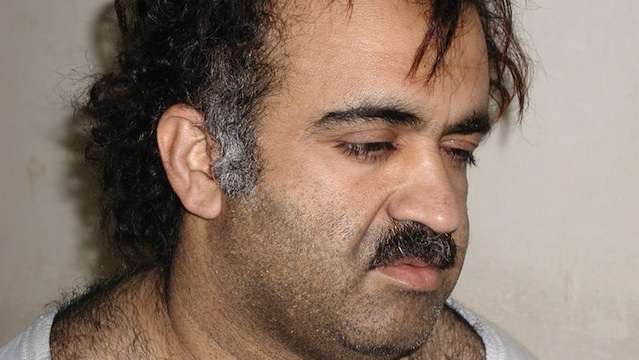The Family and the American Idea of Liberty

A shortcoming of Lockean liberalism, the kind of liberty to which the Founders were primarily devoted, is its tendency to undermine the stability of the family over time.
As the nation’s elites become more devoted to such principled individualism, the family weakens. Well before the Progressives, Tocqueville noted the many factors that would exact a toll on the kind of devotion that produces lots of well-raised children: self-obsessive, petty materialism; the restless anxiety that accompanies democratic affluence; the theoretical denial that we’re anything more than ephemeral, biological beings; and doubt that human beings share moral or social goods in common—doubt that we really are, deep down, social and relational beings.
The modern democrat has more and more trouble, as he becomes both more principled and more narcissistic, thinking beyond his own, personal being toward generating biological replacements or finding loving personal compensation for his own natural finitude in his family, children, and personal accomplishments generally. From its beginning in 1776, one dimension of the nation’s heritage is the thought of the Lockean individual in the state of nature that being starts and ends with me. If I don’t endure, nothing endures.
That’s not to deny that modern, democratic liberty has in some ways improved family life. As Alexis de Tocqueville said in Democracy in America, the disappearance of cold aristocratic formalities has been good for love in America, maybe especially for the friendship of the father with both son and daughter. Because everyone is free to marry the one he or she loves, there is less excuse than ever for the dangerous liaisons that inevitably accompany being stuck with marrying for money or property or social standing. Who can also deny that thinking of women more consistently as free, consenting individuals has done wonders in the eradication of unjust “double standards,” making us much more attentive to the various dimensions of spousal abuse, undermining arbitrary and otherwise excessive reliance on “gender roles” in excluding women from the worlds of work and politics, and even in leading fathers to share the ordinary duties of parenthood?
In general, we should follow Tocqueville in resisting the temptation to romanticize what was better about even the recent past by making our nostalgia so selective that we forget the human misery and injustice people endured then and which we should be grateful not to have to endure now. Lockean progress, we have to admit, has in many ways been real progress. But that progress has not proven beneficial in every way, and it has not delivered personal benefits without imposing personal costs.
These thought are meant, as they say, to nuance the conservative narrative today. In many ways, things are both better and worse than ever today, thanks to principled individualism. It’s not some alien “progressive movement”–operating against the intentions of our Founders–that’s responsible for what ails us in our anxiious time. America is the crucial respects more individualistic than ever today, and we have unprecedented benefits and unprecedented challenges as a result.
These thoughts are drawn from a very long review essay of mine that’s published here.





